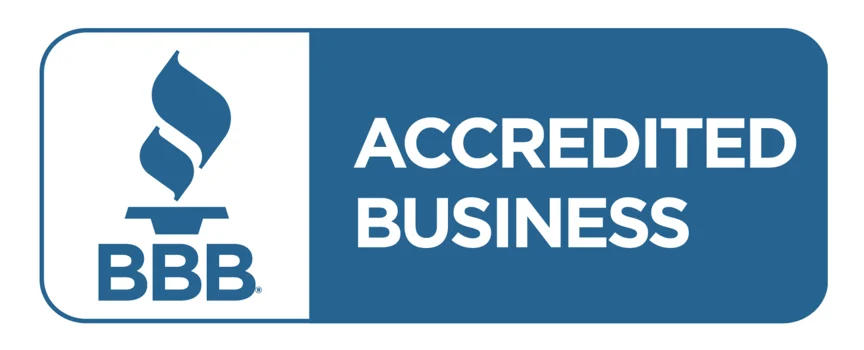Emergency HVAC Services & Repair in Pickering
Pickering HVAC Services provides an extensive array of HVAC solutions, including installation, repair, and maintenance. Their focus is on optimizing indoor climate control and enhancing energy efficiency. Regular maintenance is emphasized to extend system lifespan and improve performance. Emergency repair services are available 24/7, ensuring prompt attention to urgent issues. Additionally, they offer complete system installations and energy efficiency solutions. For those interested in maximizing their HVAC systems‘ potential, further insights await.
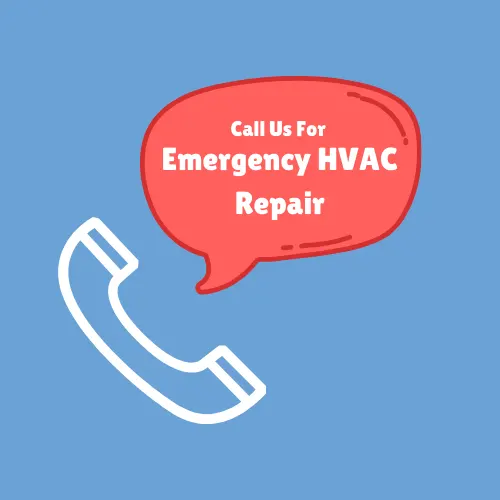
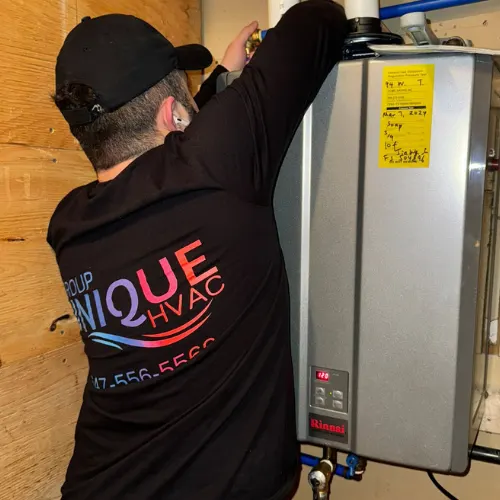
Overview of Pickering HVAC Services
The HVAC services in Pickering encompass a thorough range of solutions designed to enhance indoor climate control and energy efficiency. These services include installation, repair, and maintenance of heating, ventilation, and air conditioning systems, ensuring peak performance. The incorporation of HVAC innovations, such as smart thermostats and energy-efficient heat pumps, allows for improved energy management and comfort. Additionally, system upgrades are available to replace outdated units with advanced technology, reducing energy consumption and operating costs. This all-encompassing approach not only addresses immediate HVAC needs but also promotes long-term sustainability By leveraging cutting-edge solutions, Pickering HVAC services provide residents with reliable systems that meet evolving environmental standards and enhance overall living conditions.
Importance of Regular Inspections
Regular maintenance of HVAC systems is essential for optimizing performance and extending the lifespan of equipment. Implementing preventive measures, such as routine inspections and timely filter replacements, can notably enhance system efficiency. Regular check-ups allow for the identification and resolution of minor issues before they escalate into costly repairs or system failures. Furthermore, consistent maintenance contributes to energy efficiency, reducing operational costs while guaranteeing consistent climate control. Over time, neglecting maintenance can lead to decreased system longevity, as wear and tear accumulate on critical components. By prioritizing regular maintenance, homeowners and businesses can guarantee their HVAC systems operate at peak efficiency, ultimately safeguarding their investment and enhancing indoor comfort.

Emergency Repair Services
Emergency repair services are essential for maintaining peak HVAC system functionality, especially during unexpected failures. These services typically offer 24/7 availability and quick response times to address urgent situations effectively. Timely intervention can prevent further damage and guarantee a comfortable indoor environment.
24/7 Availability
When HVAC systems fail unexpectedly, immediate access to emergency repair services becomes essential for maintaining comfort and safety in residential and commercial environments. Availability of such services is important, often dictated by extended service hours that accommodate urgent repairs. HVAC service providers typically offer flexible scheduling options to meet diverse client needs, ensuring that help is available when it is most needed. Technicians trained in emergency repairs are on standby to address system malfunctions, prioritizing customer safety and system efficiency. This capacity for readiness not only enhances the reliability of HVAC systems but also minimizes downtime, allowing clients to resume normal operations swiftly. Ultimately, consistent availability of emergency services is significant for effective HVAC management.
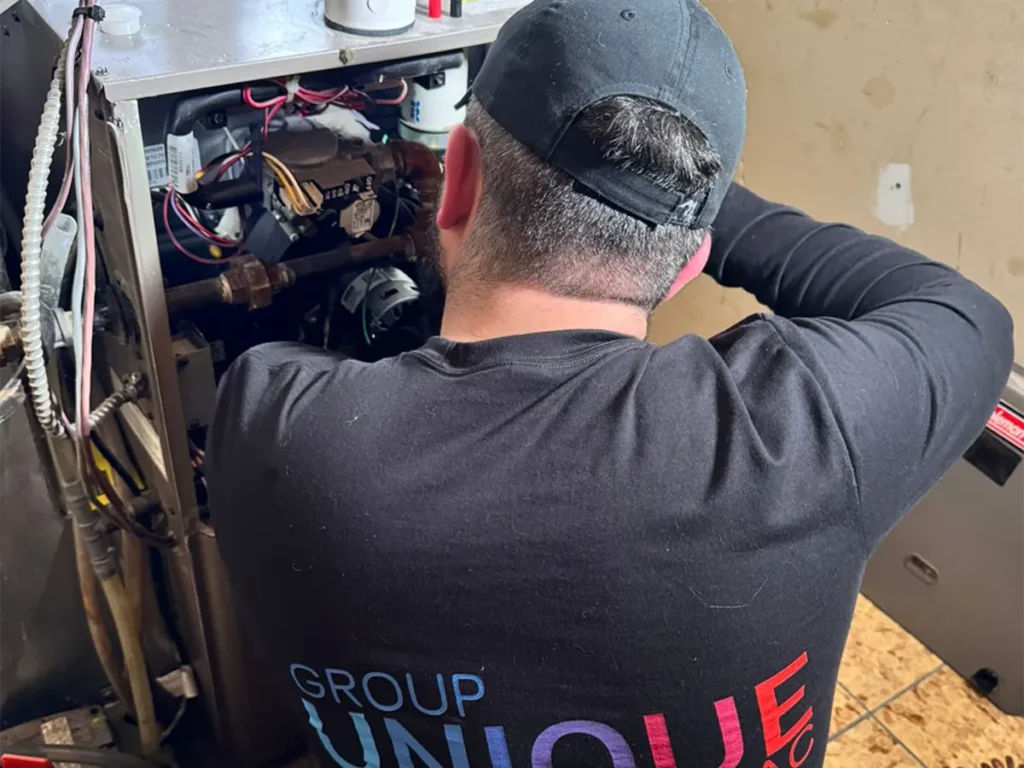
Quick Response Times
Timely intervention during HVAC system failures directly impacts the effectiveness of repair services. Quick response times are critical in emergency situations, as they guarantee that HVAC systems are restored promptly, minimizing discomfort and potential damage. Fast service is essential for maintaining ideal indoor air quality and temperature control. The provision of timely solutions not only alleviates immediate issues but also enhances customer satisfaction and trust in HVAC service providers. Technicians equipped with the necessary tools and expertise can diagnose problems efficiently, leading to swift repairs. This proactive approach mitigates the risk of further complications and prolongs system life. Fundamentally, quick response times are a cornerstone of effective HVAC emergency repair, assuring reliability and performance when clients need it most.
Complete System Installations
Complete system installations in HVAC services require careful consideration of energy efficiency, the selection of an appropriate system, and the advantages of professional installation. Ideal energy efficiency not only reduces operational costs but also enhances system performance. Additionally, engaging qualified professionals guarantees that installations meet industry standards and function as intended.
Energy Efficiency Considerations
How can homeowners guarantee that their new HVAC systems maximize energy efficiency during installation? By prioritizing sustainable technologies and implementing energy saving tips, homeowners can achieve peak performance. Proper sizing, installation techniques, and system selection are critical factors in ensuring energy efficiency.
| Energy Saving Tips | Sustainable Technologies | Installation Considerations |
|---|---|---|
| Regular maintenance | High-efficiency units | Professional installation |
| Programmable thermostats | Variable refrigerant flow | Duct sealing and insulation |
| Zoning systems | Energy recovery ventilators | Proper load calculations |
| Energy Star ratings | Smart HVAC controls | System orientation |
| Filter upgrades | Geothermal systems | Correct airflow management |
Choosing the Right System
Selecting the appropriate HVAC system for a home involves careful consideration of various factors that directly impact comfort, efficiency, and cost. Homeowners must evaluate several key aspects to guarantee a suitable choice:
System Types
Familiarity with different HVAC systems, such as central air, ductless mini-split, and heat pumps, helps identify the best fit for the space.
Energy Efficiency Ratings
Understanding SEER (Seasonal Energy Efficiency Ratio) and HSPF (Heating Seasonal Performance Factor) ratings can guide the selection of energy-efficient models.
Budget Considerations
Analyzing initial installation costs versus long-term operational expenses is vital for making a financially sound decision.
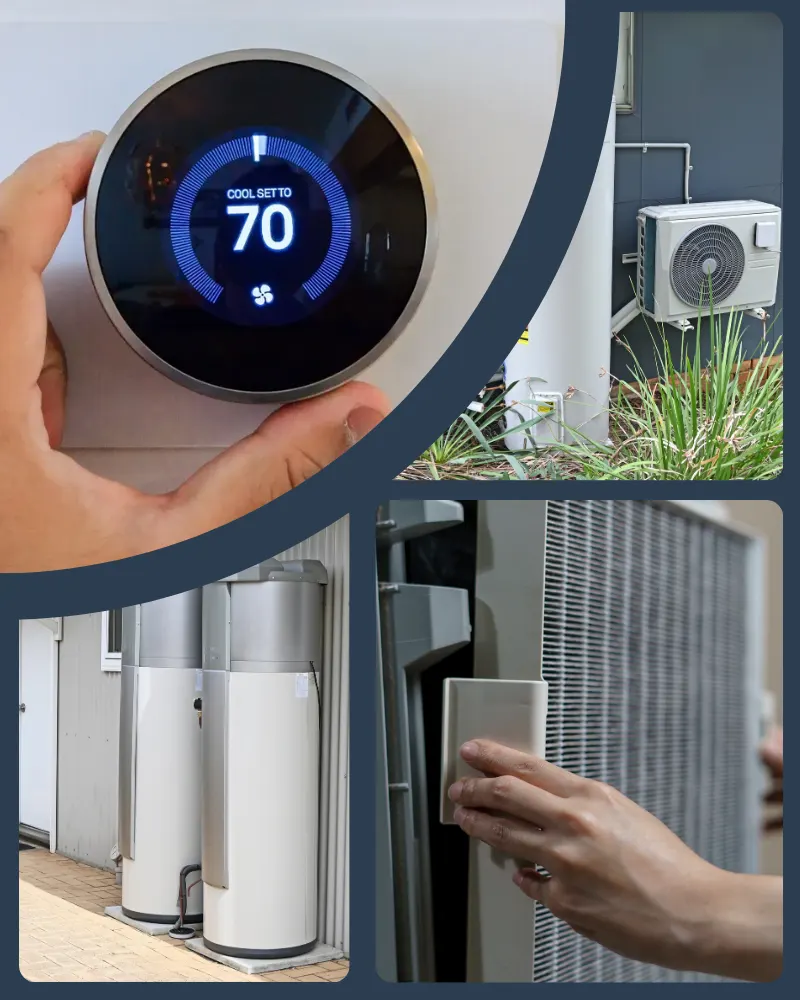
Professional Installation Benefits
The installation of an HVAC system requires expertise to guarantee peak performance and longevity. Professional installation offers significant advantages, including precise system sizing and configuration, which guarantees maximum efficiency. Trained technicians possess the professional expertise necessary to navigate complex installation requirements, mitigating risks associated with improper setup. This results in enhanced energy savings and reduced operational costs over time. Moreover, professionals adhere to local codes and regulations, assuring compliance and safety. Additionally, many manufacturers mandate professional installation for warranty validity, protecting the investment. The long-term benefits of improved indoor air quality and comfort also stem from proper installation practices. To summarize, engaging professionals for HVAC installations provides essential advantages that contribute to the overall effectiveness and reliability of the system.
Energy Efficiency Solutions
As energy costs continue to rise, implementing energy efficiency solutions in HVAC systems has become essential for both environmental sustainability and economic viability. By integrating energy-saving upgrades, property owners can greatly reduce operational costs while promoting eco-friendly practices.
Key strategies include:
Adopting these energy efficiency solutions not only leads to reduced energy consumption but also contributes to a sustainable future, aligning with global efforts to combat climate change.
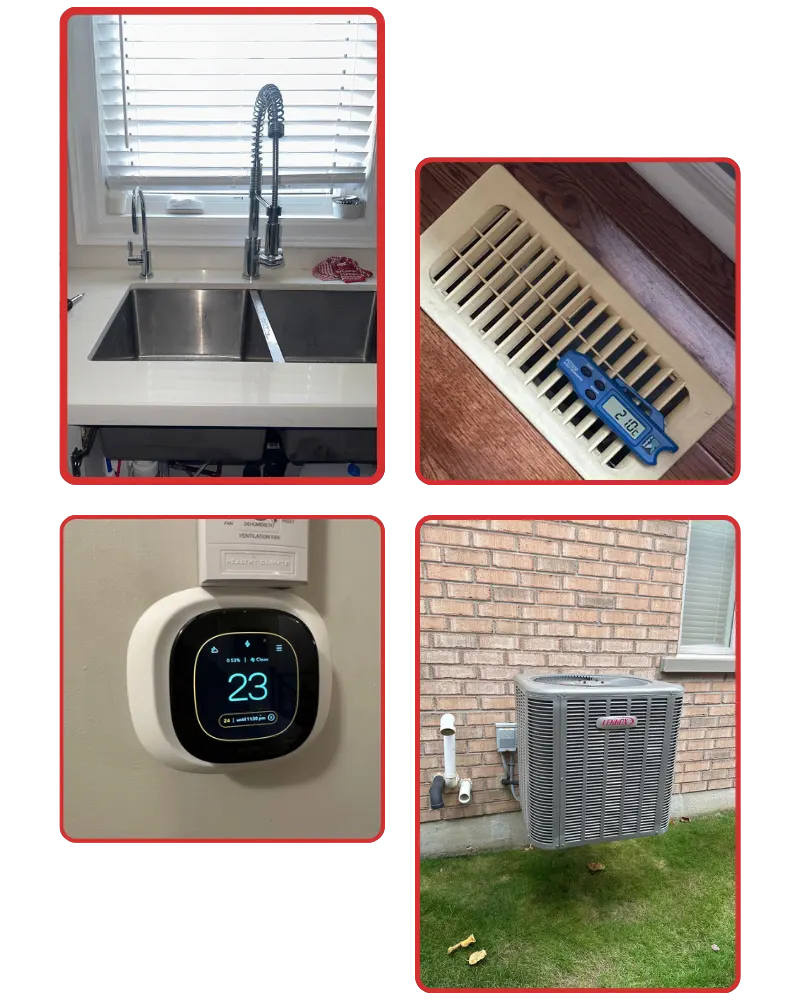
Customer Satisfaction Commitment
Implementing energy efficiency solutions not only enhances operational performance but also sets the stage for a strong customer satisfaction commitment in HVAC services. Companies in this sector prioritize customer feedback as a critical component of service improvement. By actively soliciting and analyzing customer input, HVAC providers can identify areas for enhancement, ensuring that services align with client expectations. Additionally, the establishment of service guarantees reinforces this commitment. These guarantees provide clients with assurance regarding system performance and reliability, fostering trust and loyalty. In an industry where competition is fierce, a focus on customer satisfaction through responsiveness and quality service becomes essential for long-term success. Ultimately, a robust customer satisfaction commitment drives both client retention and positive referrals.
Frequently Asked Questions
What Types of HVAC Systems Do You Service?
Various HVAC systems are serviced, including central air systems that efficiently regulate indoor climates and ductless systems, which offer flexible installation options. Both types provide effective temperature control and improve overall air quality in residential and commercial spaces.
How Can I Improve Indoor Air Quality?
Improving indoor air quality involves utilizing air purifiers to eliminate pollutants and ensuring efficient ventilation systems to enhance airflow. Both methods considerably reduce allergens and contaminants, promoting a healthier living environment for occupants.
Do You Offer Financing Options for Installations?
Many HVAC companies provide financing plans to accommodate various budget options for installations. These plans often include flexible payment structures, enabling customers to manage costs effectively while ensuring ideal indoor climate solutions are accessible and affordable.
What Are Signs My HVAC System Needs Replacement?
Signs indicating an HVAC system may require replacement include rising cost factors, decreased system efficiency, frequent breakdowns, inconsistent temperatures, and unusual noises. Evaluating these indicators can help determine if an upgrade is necessary for peak performance.
How Often Should I Change My Air Filters?
Regular filter maintenance is essential for ideal air quality. It is generally recommended to change air filters every 1 to 3 months, depending on usage and filter type, ensuring efficient HVAC performance and healthier indoor environments.
Conclusion
In summary, Pickering HVAC Services offers an extensive range of heating, ventilation, and air conditioning solutions designed to meet diverse client needs. Emphasizing the importance of regular maintenance and rapid emergency repairs, the company guarantees peak system performance and longevity. Their commitment to complete system installations and energy efficiency solutions underscores their dedication to customer satisfaction. By prioritizing technical excellence and client-focused service, Pickering HVAC Services positions itself as a leader in the HVAC industry.
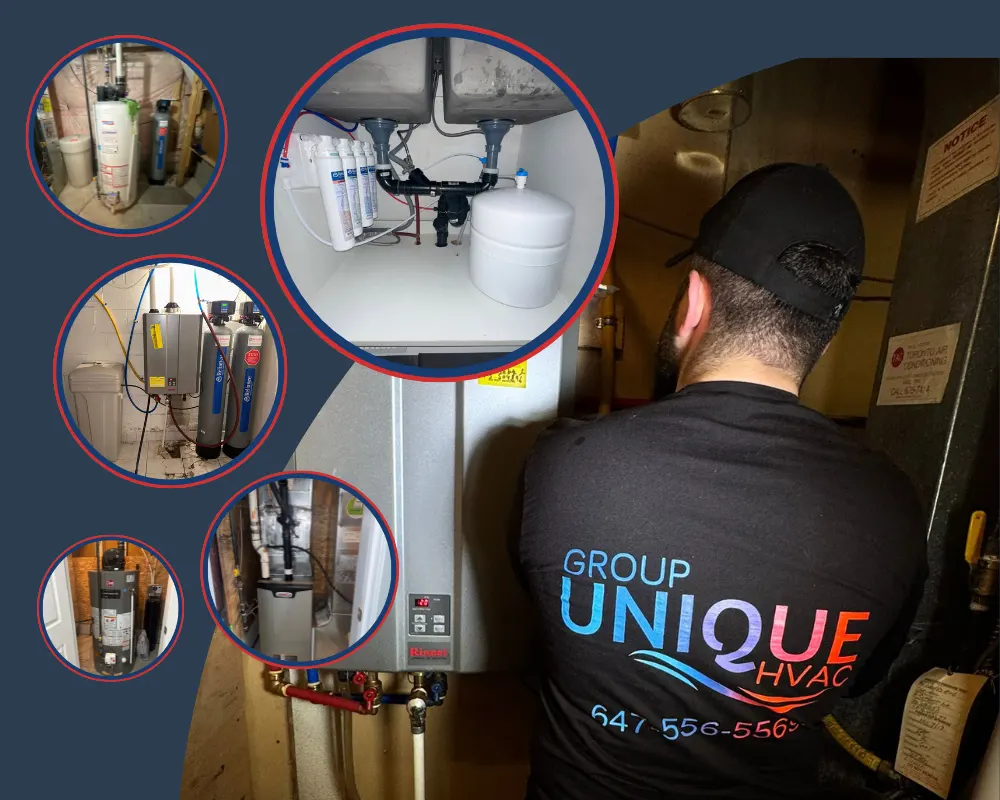
Client Experiences with Unique HVAC Services
Trustindex verifies that the original source of the review is Google. Thank you for the best service.Trustindex verifies that the original source of the review is Google. I had an amazing experience with Unique! They were super professional and friendly, making the whole process smooth and stress-free. They installed the equipment quickly, efficiently, and left the working area in a clean state. The team was knowledgeable and answered all my questions patiently. They even suggested a government rebate program. Extra savings! Highly recommend them to anyone looking for HVAC services!Trustindex verifies that the original source of the review is Google. Excellent work. This guys works so well. Thanks a lot. Totally recommended!Trustindex verifies that the original source of the review is Google. Had a great experience! The team was professional, reliable, and really knew their stuff. Definitely recommend them for quality work you can trust.Trustindex verifies that the original source of the review is Google. I contacted this company for the installation of a heating and air conditioning system, and I was very satisfied! The staff are true professionals: they quickly answered all my questions, helped me choose the best equipment, and completed the installation promptly. The work was done with high quality and on time. I especially appreciated that after the installation, they provided detailed instructions on how to use the system and offered maintenance services. It’s clear that the company is customer-focused and strives to deliver top-notch service. I highly recommend them to anyone looking for a reliable HVAC contractor!Trustindex verifies that the original source of the review is Google. Excellent service, technician who came was very experienced and repaired my furnace the same day, competitive prices!Trustindex verifies that the original source of the review is Google. Excellent service! The team was punctual, professional, and efficient. They fixed quickly my problem. Highly recommend !Trustindex verifies that the original source of the review is Google. Great Service! The team was professional, arrived on time, and fixed my heating issue quickly. They explained everything clearly and offered fair pricing. Highly recommend them for any heating and cooling needs!Trustindex verifies that the original source of the review is Google. I had a great experience with Unique Group HVAC for my furnace installation. They were professional, on time, and explained everything clearly. The team worked efficiently, kept the area clean, and made sure the system was running perfectly before they left. My new furnace works great—it’s quieter, more efficient, and keeps my home warm and comfortable. I highly recommend Unique Group HVAC for their excellent service!Trustindex verifies that the original source of the review is Google. Hi, had a positive experience with a service in my home! It's always nice when you feel like you're getting good value for your money, especially in a larger space.






